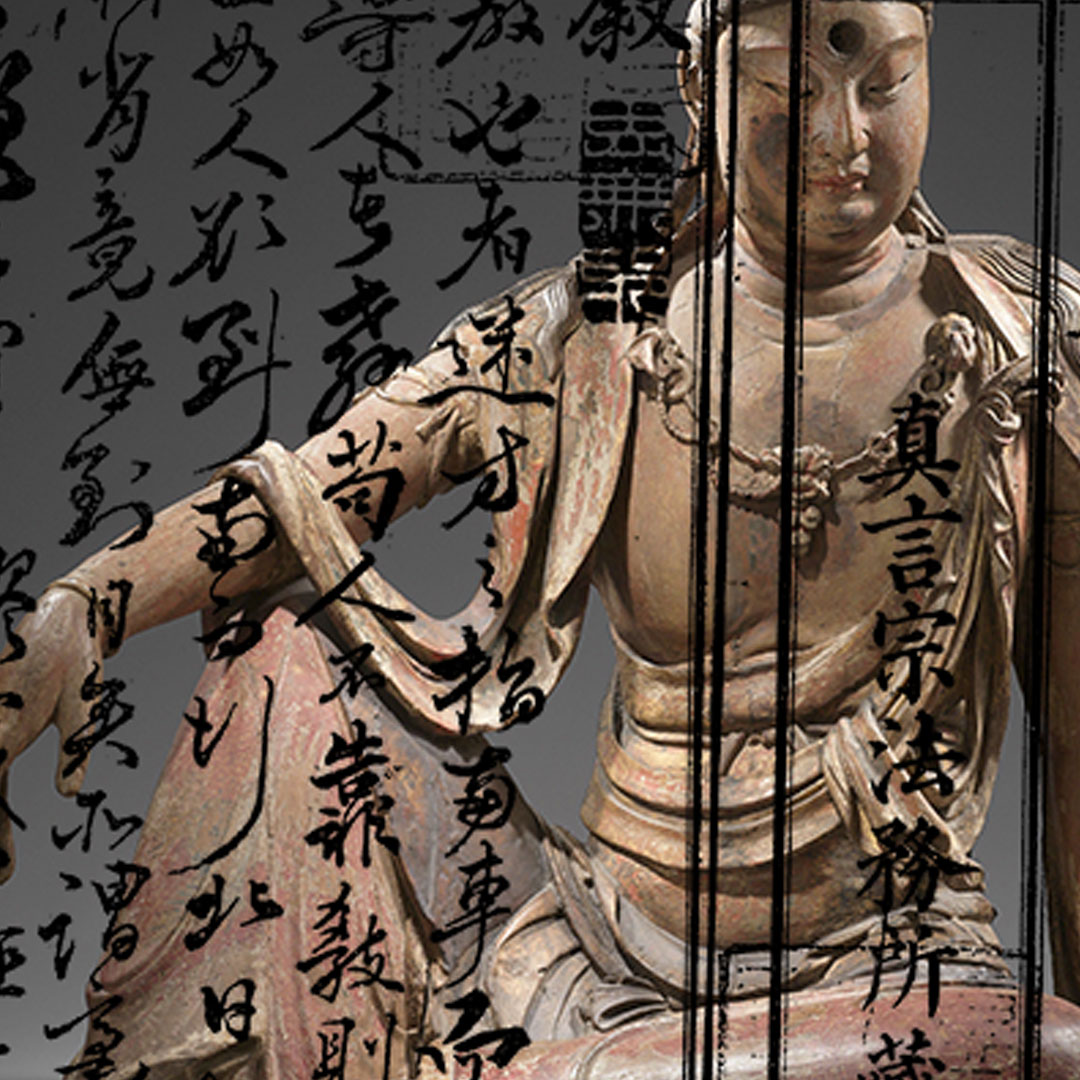Conquering Evil and Peace of Mind: Negotiating Salvation in Esoteric Buddhism in Meiji Japan

WHEN
Friday, June 4, 2021
4:00-5:00 p.m. PDT
LOCATION
Online
Zoom
PRICE
Free
Check out this video to watch the Conquering Evil and Peace of Mind: Negotiating Salvation in Esoteric Buddhism in Meiji Japan.
Brought to you by the Department of Global Humanities and Religions in partnership with the WWU Alumni Association
The Meiji period (1868-1912) in Japan was an era of major political and social transformation that marked the departure from feudalism and enacted swift reforms to modernize the nation based on Western models. In light of the calls for modernization and reform, Buddhist intellectuals in newly established modern universities emphasized a return to a romanticized form of Buddhism that resembled Protestant values while rejecting the “evil customs” of magic and superstition. A Buddhist school that came under renewed scrutiny during these years was the Shingon school, a branch of esoteric Buddhism that had long established itself as a protector of the state and its patrons through the performance of rituals aimed at worldly goals. In response to these developments, the Shingon school published works that re-framed its own teachings as addressing the goal of achieving “peace of mind” (anjin). These works asserted its continued relevance as it proclaimed to reveal the most profound secrets of the mind as a method of salvation for the individual. I argue that this emphasis on the “peace of mind” seen in these publications illustrates a negotiation of salvation within the esoteric Buddhist tradition as Shingon Buddhist priests reimagined the significance of their teachings within the rapidly changing social landscape of Meiji Japan.
This lecture is part of an annual distinguished speaker series in the Department of Global Humanities and Religions (past speakers can be found here). The department emphasizes interdisciplinary humanities, cultural history, and the study of religion, ancient to modern, and around the globe, with attention to cross-cultural interaction.

Eric Haruki Swanson
Speaker
Eric Haruki Swanson is Assistant Professor of Theological Studies at Loyola Marymount University. He received his M.A. from Koyasan University in Japan and Ph.D. from Harvard University. A cultural historian, he is interested in the study of religious traditions through the examination of liturgical texts, literature, visual material, ritual practices, and performance arts. His current book project is a study of scholar-monk Jien (1155-1225) and his establishment of exoteric-esoteric Buddhist ritual programs for the pacification of vengeful spirits and the restoration of order in the medieval capital of Japan.
Questions and Accommodations
Ethan Bushelle and Maureen Christman are the coordinators for this event. Feel free to email/call Ethan at bushele@wwu.edu/(360) 650-7761 or email/call Maureen at chris41@wwu.edu/(360) 650-3030 if you have any questions or comments.
There will be auto-captions available for this event. To request closed captions, please mark the request on the registration form. Advance notice of three days to one week is appreciated.